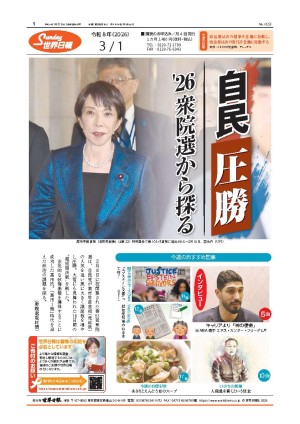私立高の祈祷を拒否した地裁判決を破棄 Court overturns dismissal of private school prayer case
連邦高裁は今週、フットボール選手権の試合の前にスタジアムの放送設備を通じて祈祷をすることを求めたキリスト教系高校2校の信教の自由を侵したとしてフロリダ州当局者らを訴えた裁判で、訴えを棄却した地裁判決を覆す判断を示した。
タンパのケンブリッジ・クリスチャン・スクールが、フロリダ州高校運動競技協会を訴えていた裁判で、アトランタの連邦高裁が、地裁の判決の一部を覆した。
訴状によると、協会は、2015年にフロリダ州オーランドで行われた州フットボール選手権で、ケンブリッジ校などキリスト教系高校の選手らが試合前に放送設備で祈祷しようとするのを拒否した。
...【全文を読む】







